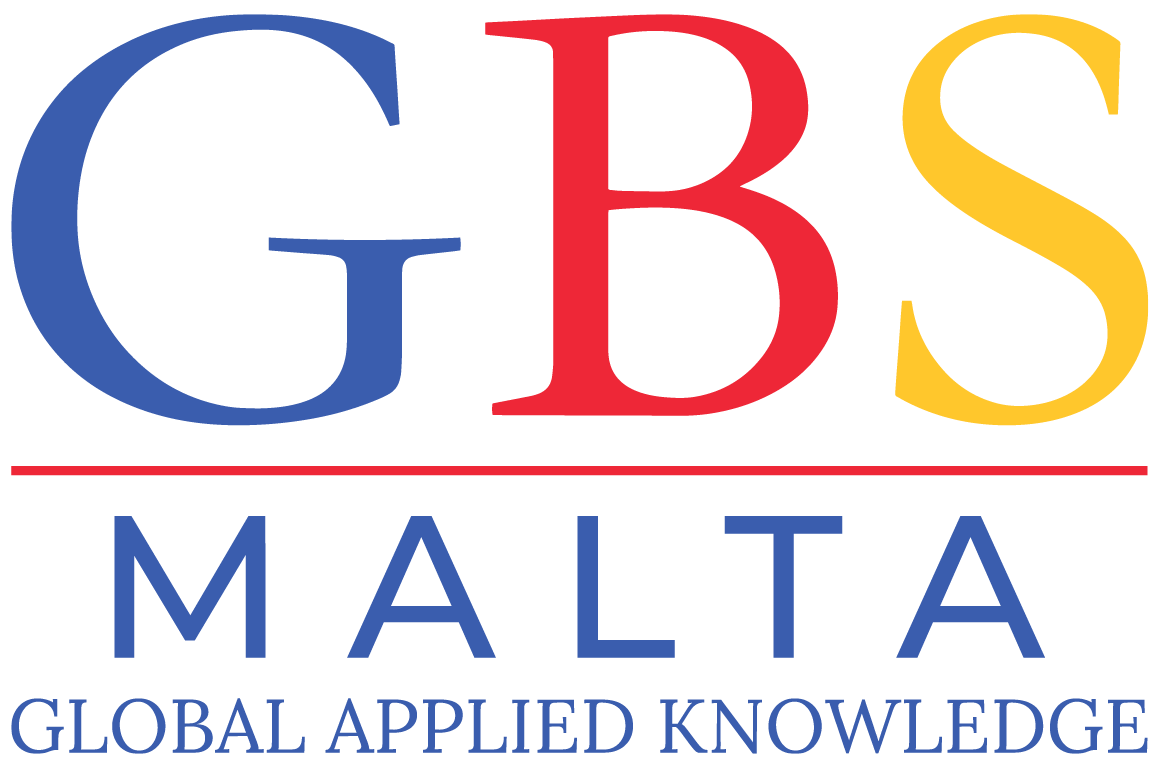Why your personal statement matters?
Your personal statement is more than a formality – it’s the voice of your application. Visa officers and university admissions teams use it to assess whether you are serious about your studies, have a clear direction and can contribute positively to the academic community.
Unlike transcripts, which show your past performance, the statement projects your future. It bridges your achievements with your aspirations and demonstrates that your goals align with your chosen course. In short, it strengthens your case for visa approval and admission.
Personal statement writing tips for students include showing how it fits into your visa application completely. It backs up your grades with your drive. A solid one proves you're ready for challenges.
Personal statement structure
Build it like a short tale: intro grabs, body builds, close inspires. Write a strong personal statement with flowing sections. Opening sets the scene with background, while middle covers achievements and aims.
Having a clear structure makes your writing easier to follow and ensures that you cover every crucial point. The following is a recommended layout:
- Opening paragraph: introduce yourself and your motivation for studying abroad.
- Academic achievements: highlight past studies, skills gained, and relevant subjects.
- Career goals: explain your short- and long-term aspirations.
- Why Malta: describe why Malta is your preferred study destination.
- Why GBS Malta: connect your career goals with the GBS Malta programmes and opportunities.
- Closing statement: end with a confident summary of your determination and enthusiasm.
This logical flow makes your statement compelling and easy to read.
Personal statement writing tips for students
Keep your words simple and your voice authentic. Avoid buzz; share correct information. Proof for errors. Align with the course needs.
Here are some practical tips to write strong personal statement content:
- Be clear and concise: avoid long, complicated sentences. Simple language is more powerful.
- Stay authentic: don’t exaggerate; let your genuine story shine through.
- Show alignment with your course: explain how your chosen program supports your goals.
- Highlight why Malta: mention the island’s international environment, cultural diversity, and strong academic reputation.
- Focus on GBS Malta: show that you’ve researched the institution and understand its strengths.
- Use positive language: frame challenges as learning experiences.
- Proofread carefully: grammar mistakes weaken your application.
GBS Malta admission tips
If you’re preparing your personal statement for GBS Malta specifically, here are a few points to include:
- Mention how GBS Malta’s programmes – such as information technology (IT), business or management, public health or health and social care programmes– directly connect to your career path.
- Emphasise international exposure and industry-focused approach.
- Show awareness of the course structure, such as modules in leadership, digital marketing or project management.
- Highlight Malta’s global opportunities, its growing economy and its welcoming student environment.
Explore programmes at GBS Malta to apply for the February 2026 intake.
Common mistakes to avoid
Don't go generic; make it yours.
A personal statement for student visa application flops if vague. Skip over-personal without links. Craft fresh; do not copy-paste.
Even strong candidates sometimes weaken their applications by making common errors. Avoid these pitfalls:
- Writing in a generic way that could apply to any student or country.
- Focusing too much on personal life without linking it to academic or career goals.
- Copying template statements found online instead of creating your own.
- Forgetting to explain why Malta and why GBS Malta.
- Submitting without proofreading for grammar and clarity.
By steering clear of these mistakes, your personal statement will remain original and persuasive.
Example pointers to strengthen your statement
For a clearer picture, here’s a simple table with examples of what to include and what to avoid:
| Section |
Strong approach example |
Weak approach example |
| Opening paragraph |
“I am passionate about developing leadership skills through advanced study abroad.” |
“I want to study abroad because it sounds interesting.” |
| Academic achievements |
“My undergraduate studies in business gave me a strong foundation in management principles.” |
“I went to university and studied some subjects.” |
| Career goals |
“I aim to work in international project management, supporting global organisations.” |
“I want a good job after graduation.” |
| Why Malta and GBS Malta |
“Malta’s growing role in international education and GBS Malta’s focus on practical learning make it my top choice.” |
“I heard Malta is nice, so I chose it.” |
| Closing statement |
“I am confident that studying at GBS Malta will prepare me for long-term success.” |
“Please accept my application.” |
Don’t forget these important tips
Writing a strong personal statement becomes easier when you break it down into steps:
- Make a list of your achievements, skills and goals.
- Research your chosen programme at GBS Malta.
- Draft your statement using the structure outlined above.
- Review and refine to make your language clear and professional.
- Seek feedback from mentors or peers before submission.
Once polished, you’ll be ready to submit it alongside your application.
Apply for February 2026 intake at GBS Malta

A personal statement for student visa application is one of the most powerful tools you have as an international student. It tells your story, shows your ambitions and demonstrates your commitment to studying abroad. By following a clear structure, avoiding common mistakes, and aligning your goals with GBS Malta, you can create a statement that sets you apart.
Remember: the goal isn’t to impress with complicated language but to communicate honestly, clearly, and confidently. A well-written personal statement not only supports your visa application but also strengthens your admission prospects at GBS Malta.
We are pleased to announce that GBS Malta is now accepting applications for the February 2026 intake.
Start your application here.





